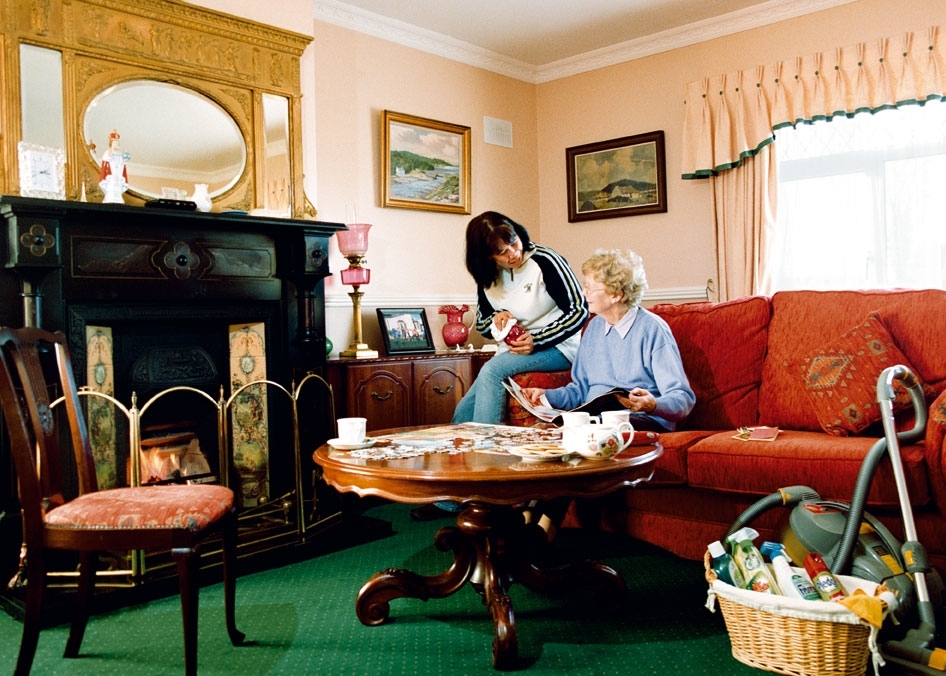As Ireland’s population ages, the provision of quality home care presents one of the most significant challenges for the state. The unregulated home care industry has experienced unprecedented growth and has led to significant privatisation of the home care market over the last decade. An inevitable outcome of the lack of regulation is a home care sector with high fees, varied quality and standards of home care provision, poor terms and conditions for workers, and growing informality, serviced by migrant workers. Rectifying this situation and preparing for the elder boom will be a defining social justice and equality issue for Ireland over the next 20 years.
Currently, migrants are over-represented in care and domestic work. Labour market demand will continue to draw on migrant workers to meet Ireland’s home care needs into the future. The Migrant Rights Centre Ireland (MRCI) has been working with migrant workers employed in care and domestic work since 2001, and is deeply concerned about the vulnerability of this cohort of workers whose voices are absent from the ongoing debate about the provision of quality care in Ireland and who constitute an invisible home care workforce.
This paper outlines the current homecare context in the EU and Ireland and highlights equality concerns and labour market disadvantage experienced by migrants employed in the sector. It makes policy recommendations to improve standards of care and employment conditions in the home care sector through the use of a migrant perspective and equality framework. The paper builds on previous research conducted by the MRCI in this area, and is informed by MRCI data and a series of participative workshops with home care workers.


